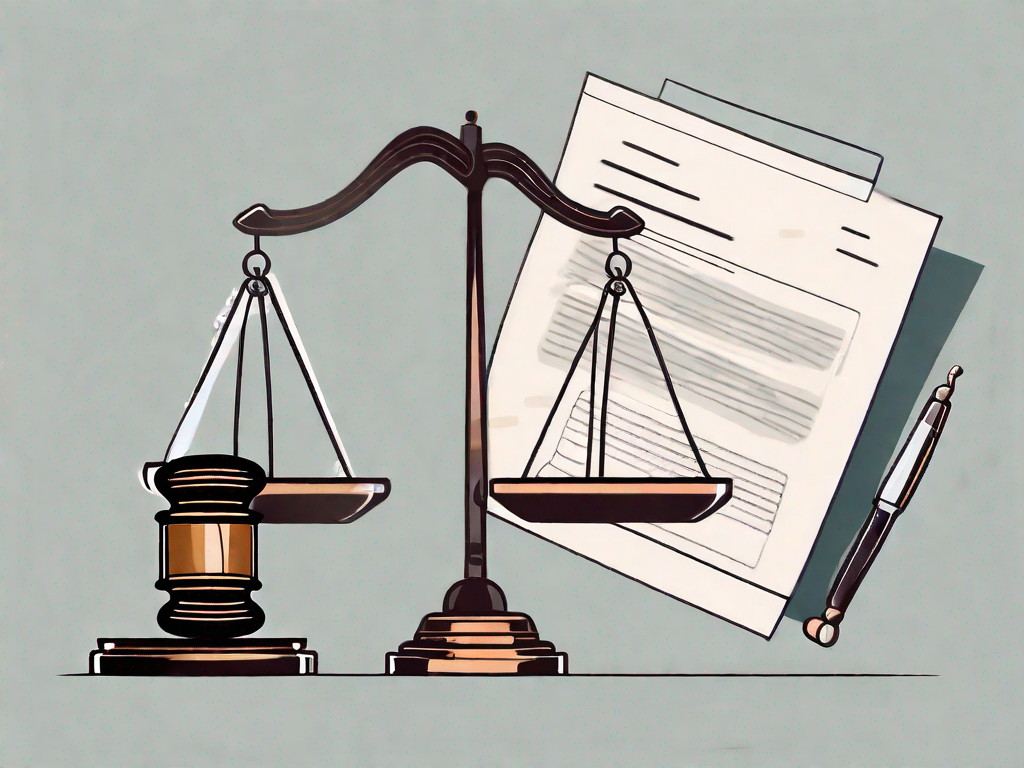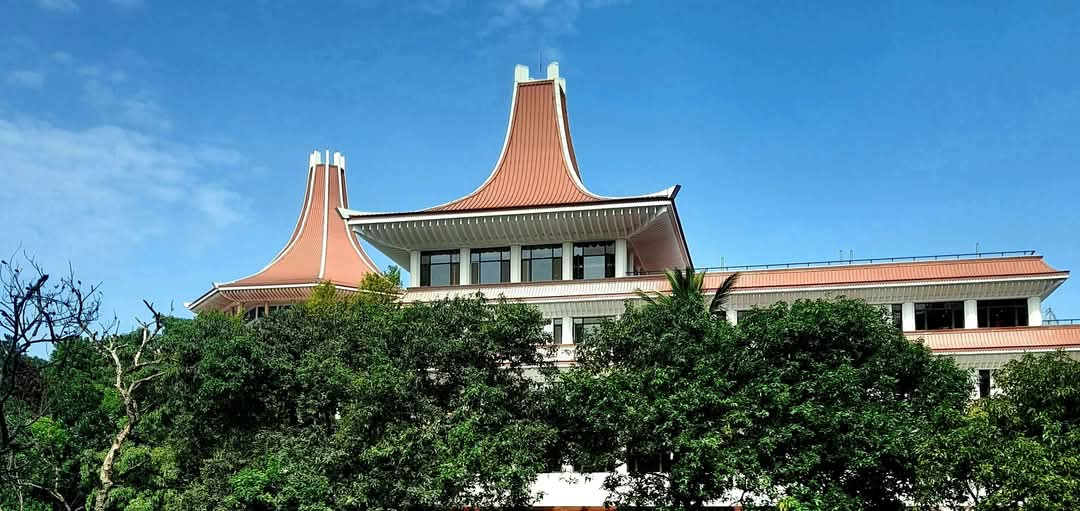Exercise of Possession Without the Physical Presence on the Land
SC Examines Exercise of Possession by Lessee through an Agent

The Supreme Court recently imposed significant costs on a plaintiff in a long-standing lease dispute, wherein the plaintiff had granted a 99-year lease to a German national but subsequently obstructed the lessee’s possession of the property for over two decades.
The Plaintiff had granted a 99-year lease of her land to a German national. However, after some tensions arose between them, a related case was filed before the District Court to resolve the lease issues. This matter was eventually concluded. Subsequently, a contractor, engaged by the German national, sought to build a wall on the land, prompting the Plaintiff to initiate a new action in the District Court against the Defendant, who was acting as the agent of the German national.
The District Court dismissed the Plaintiff’s case. However, the Civil Appellate High Court reversed this judgment, leading to the Defendant’s appeal to the Supreme Court. The Supreme Court thoroughly reviewed the proceedings in both the District Court and the High Court.
In the District Court, the Defendant, acting as an agent for the German national, did not dispute the Plaintiff’s title, despite the fact that the Plaintiff had failed to name the German national in the case. Notably, the German national himself testified as a witness for the Defendant. The Defendant’s main argument was that the Plaintiff was estopped from contesting the lease with the German national, as the matter had already been settled in a prior District Court case. However, the High Court mistakenly treated this argument as one of res judicata, while the Supreme Court clarified that it was, in fact, an argument based on estoppel.
The Supreme Court further examined the legal principle regarding the possession of land under a lease, noting that possession could be exercised not only by the lessee but also by his agent. The Court concluded that the Plaintiff had consistently attempted to hinder the lessee’s possession without valid reason. In light of this, the Supreme Court imposed costs on the Plaintiff in all three courts for unnecessarily prolonging the legal dispute.
“…It must be noted that the lease agreement was entered in 1994. The lessee had to file an action to take the possession of the property and even after that, lessee has not been able to possess the property without hindrance. Even after the answer revealed that the Defendant’s acts were done with the consent of the lessee, the plaintiff proceeded to prosecute her case and finally it came up to the apex Court and the litigation has already consumed almost 20 years compared to the leased period of 99 years. The conduct of the Plaintiff has to be frowned upon and considered in imposing costs. For the forgoing reasons, I allow this appeal and set aside the Judgment of the Civil Appellate High Court dated 04.05.2016 and restore the Judgment of the Learned District Judge dated 25.08.2010 to dismiss the plaint. The Defendant is entitled to twice the amount of costs of all three Courts….” – – Justice E.A.G.R. Amarasekara
Exercise of Possession Without the Physical Presence on the Land
“….To exercise possession, one need not be present in the land. For example, an owner or a lessee who has the right to possess a land in Kurunegala may reside far away in Galle and sends a person to pluck coconuts to Kurunegala land and he need not be personally present during the harvesting of coconuts. By sending that person, the owner or the lessee does not intend to give any license to possess the land to that person. That person only has a contractual relation to do the task entrusted to him and has permission to enter the land for that purpose. In fact, the owner or the lessee exercises his right to possess through that person…..Wille defines possession as ‘the physical control by a person of a corporeal thing with the intention of keeping the control of it for his own benefit’. Thus, possession contains a physical element (detentio) and a mental element (animus possidendi).…..‘Detentio does not necessarily require immediate physical control. It is sufficient for a person to have the power at his will of dealing with a thing as he likes and of excluding others. A person does not lose his detentio of property by the mere act of leaving the property, if it is within his power to resume occupation subsequently.’ ‘Possession may be secured and maintained not only in person but derivatively through an agent or representative. [The Law of Property in Sri Lanka, Volume 1 by G.L.Peiris]…….In Abdul Aziz Vs Abdul Rahim12 N L R 330 at 339”, It was held that ‘A lessee under a valid lease from the owner is dominus or owner for the term of his lease; he is owner during that term as against all the world, including his lessor.”
– Justice E.A.G.R. Amarasekara
Once Issues are Framed, Pleadings Recede and the Court’s Focus is crystalized
“…Once the issues are framed, the pleadings recede to the background and what the court has to decide are crystalized in the issues so framed- vide Hanaffi Vs Nallamma (1998) 1 Sri L R 73. The learned High Court Judges erroneously identified that the Defendant sought a dismissal on the ground of Res Judicata relying on the decision made in case No. 4600/L. As explained above, the Defendant has raised issue No. 9 to question whether the Plaintiff is estopped due to the judgment, decree and pleadings in the said case. He has not raised a question whether the said action operate as res judicata between the parties to the instant action….”
Case No: SC APPEAL 122/17 [Decided on 28.11.2024]
Before: Jayantha Jayasuriya, PC, CJ Murdu N.B. Fernando, PC, J E.A.G.R. Amarasekara, J







